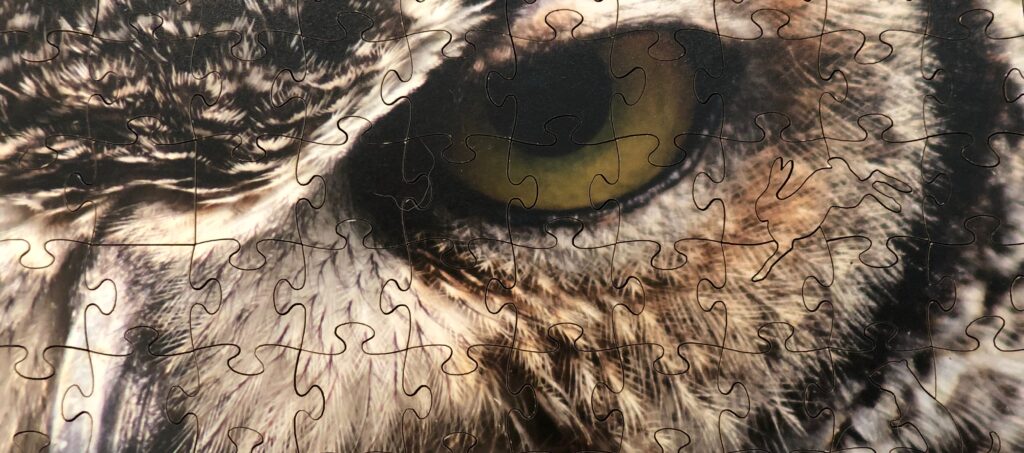
When we reach big change points or face new challenges, it can help to take fresh stock of our ingredients. By that I mean the natural strengths and vulnerabilities of our personality.
Life stress has a way of sticking its thumbs into our tender parts and raising self-doubt. Personality tests can give a more objective view of our natural traits in a way that helps us work with the ingredients we have on board. Our personalities are not set in stone, so the tests can also clarify capacities that we may want to develop more.
I link here to free versions, but there are multiple free options for each test, so search for others and take more than one of each kind of test to see which results are consistent. I encourage you to think of these tests as grist for your mill rather than as the ultimate word on you.
Big Five Personality Test: the Big Five is the most scientifically-validated of the three and there is abundant research on what each of the five personality traits are correlated with in terms of life outcomes. This article describes the results of some recent big data research on the Big Five that shows how people cluster into “types” in a way that wasn’t previously known.
Myers-Briggs/Jungian-based test: If you tend to choose the middle option a lot on these tests, you might also search for a “forced choice” version because it will eliminate the “I’m not sure” option.
Enneagram test: I dismissed Enneagram for a long time as too “woo woo” for me, but after working with it for a few years, I’ve learned how uncannily accurate and helpful it can be. The profiles on this site provide a lot of material to engage with.A coach or therapist can help you draw insight from what